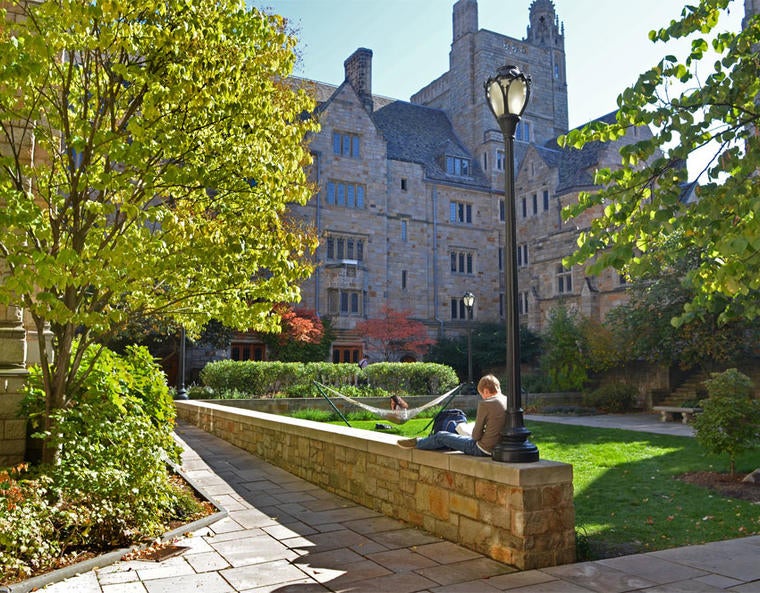
There’s enough of a campus bubble that Yalies often find all they need to keep their schedules bustling and exciting without setting foot off campus, but for those willing to explore, there’s a wealth of opportunities to explore all around in New Haven.
Yalies get involved in the city in all kinds of ways, and one of their most valuable resources is the Dwight Hall Network. Dwight Hall is the largest undergrad-managed network of community service and philanthropic opportunities of any college in the Nation. They help students find the particular cause they’re interested in (broadly grouped under Social Justice, Public Health, and Education) and provide them with the resources they need to actualize their projects. This can be as simple as providing bus tickets or loaning cars for projects a little further off campus, connecting students to other activists in the city as mentors, or even providing a work study stipend (at the campus minimum wage of $11.50/hour!) for students who want to support themselves financially but still get involved in non-profit work.
I used this work stipend for my time working as an intern at SeeClickFix, a New Haven based startup company. The online service combines web 2.0 models of information sharing with community activism to provide citizens a powerful tool for protecting their community. Anyone is free to go onto their detailed maps of cities and neighborhoods and point out a problem that needs fixing–broken streetlights, say, or a dangerous icy patch in the road–and this information gets channeled to the appropriate city authorities who can take care of it, as well as anyone else set to watch the area for updates. Working there as an unpaid intern (but still making money from the Dwight Hall stipend!) was a cool chance for me to learn about innovative ways of using the internet for community organizing.
But, perhaps one of the most extraordinary chances Yalies have to get involved with the city is the chance to run for public office. New Haven is a mid-sized city, with a core population of about 130,000 but servicing a much greater sprawl of interconnected small cities and suburbs. I think that makes it a nice balance, where the city is big enough to be exciting, but not so big that it feels unwelcoming. One effect of that is the electoral structure: the city council is composed of the mayor and 22 Aldermen representing the different wards of the city. Since one of the wards is covered almost entirely by Yale’s campus, that ward’s representative on city council is almost always a Yalie.
In how many other US cities does a 20 year old undergraduate have the chance to play a decisive role in city politics? Not many. You can imagine, in most big cities, the highest levels of politics might be inaccessible to a student, but New Haven provides a unique opportunity to get involved. Mike Jones (Yale 2011) took up the post two years ago, and in his time in office has been a driving force behind a living wage ordinance, Planned Development districts, and increased funding for social services.
If getting involved with politics is something that excites you, I’d encourage you to read more about Mike’s original campaign as reported by the Yale Daily News, as well as his personal updates on policy decisions since taking office.